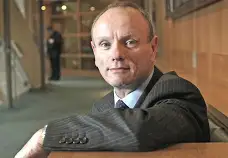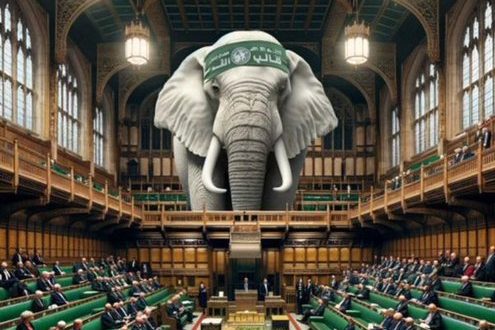I have written before that, regardless of the dry distinction between operational and pre-tax profits, it catches in the throat when Paul Massara, chief executive of RWE N-Power describes not paying corporation tax on £766 millions of the former as “nothing remarkable”.
Likewise, the immense remunerations which boardroom executives of the major energy companies receive for their command of an essential commodity receive short shrift from the low-end users paying substantial proportions of meager incomes on heating their homes: especially when, as reported in the Daily Telegraph, EDF Energy is withholding information on cheaper tariffs from users who have opted-out of receiving “advertizing material”.
Into the discussion has stepped Ed Miliband with a call, not to investigate subsidies given for the putative renewable sources of energy which are benefiting major landowners before reducing prices for the low-end users, but to impose a freeze on energy prices until 2017 as defended by Douglas Alexander in the Guardian.
On hearing this, my first thought was that energy companies could simply hike prices beforehand. Or offer fixed prices until 2017, which is precisely what happened.
That said, I doubt the military will be called in, as has occurred in response to price-fixing of loo roll in Venezuela.
As it happens, the Guardian piece includes a scene of D*REAM welcoming Labour into power in 1997. The last I saw Professor Brian Cox on television, he was extolling the possibilities of fracking.

